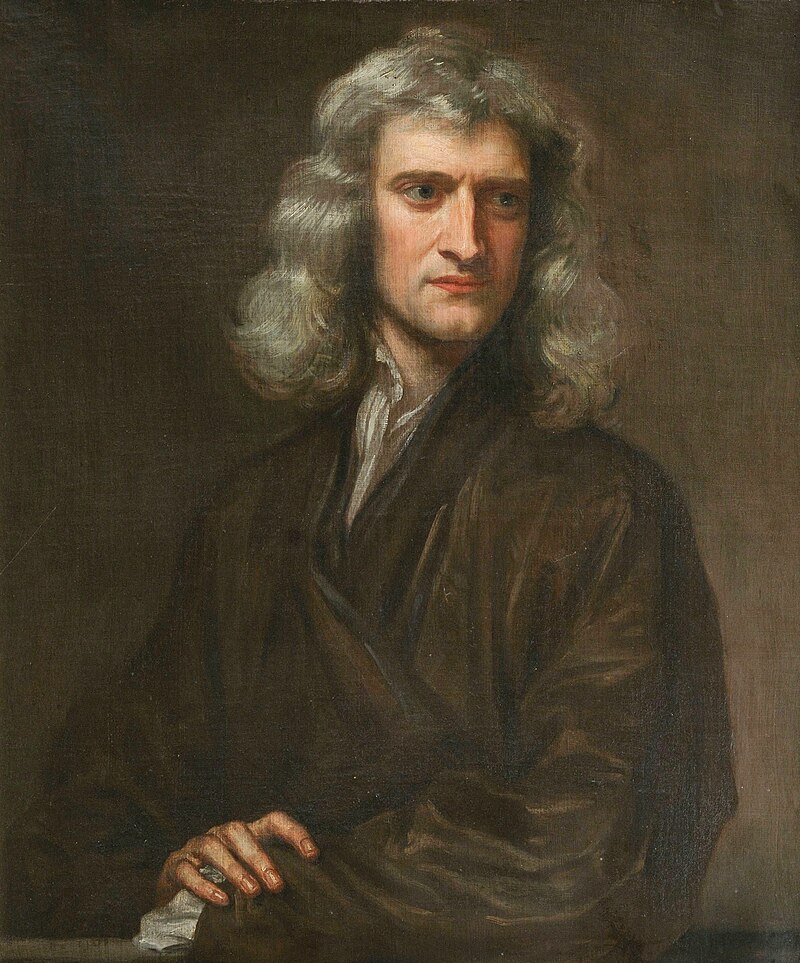
It is with some diffidence that I try to speak to you in his own home of Newton as he was himself. I have long been a student of the records and had the intention to put my impressions into writing to be ready for Christmas Day 1942, the tercentenary of his birth. The war has deprived me both of leisure to treat adequately so great a theme and of opportunity to consult my library and my papers and to verify my impressions. So if the brief study which I shall lay before you today is more perfunctory than it should be, I hope you will excuse me.*
One other preliminary matter. I believe that Newton was different from the conventional picture of him. But I do not believe he was less great. He was less ordinary, more extraordinary, than the nineteenth century cared to make him out. Geniuses are very peculiar. Let no one here suppose that my object today is to lessen, by describing, Cambridge’s greatest son. I am trying rather to see him as his own friends and contemporaries saw him. And they without exception regarded him as one of the greatest of men.
In the eighteenth century and since, Newton came to be thought of as the first and greatest of the modern age of scientists, a rationalist, one who taught us to think on the lines of cold and untinctured reason.
I do not see him in this light. I do not think that any one who has pored over the contents of that box which he packed up when he finally left Cambridge in 1696 and which, though partly dispersed, have come down to us, can see him like that. Newton was not the first of the age of reason. He was the last of the magicians, the last of the Babylonians and Sumerians, the last great mind which looked out on the visible and intellectual world with the same eyes as those who began to build our intellectual inheritance rather less than 10,000 years ago. Isaac Newton, a posthumous child born with no father on Christmas Day, 1642, was the last wonderchild to whom the Magi could do sincere and appropriate homage.